For most of my adult life, I had worked in hospitals and had become acutely aware of the skills and professionalism of the nurses I encountered. Having a superficial knowledge of who Florence Nightengale had been and her contributions to nursing, I was quite interested in visiting the Florence Nightengale Museum, located as part of St. Thomas' hospital, and learning more. Born in 1820, she was named after the city in which she was born, Florence, Italy. Her family was well-to-do upper middle class, having obtained their wealth from lead mining. She traveled frequently, especially with her older sister, Parthenope. By age 24, she had decided to dedicate her life to nursing, against the wishes of her family and the established social norms of the times. While she had had suitors, she rejected marriage as she felt it would interfere with her calling to be a nurse. Feeling that God had chosen her to help others, she often spoke of God directing her towards the nursing profession. In 1854, along with 38 volunteer nurses she had trained herself, she traveled to the British camp in the Crimea to care for the wounded of that war. She found conditions for the patients as being horrible and went about reforming things. Because of her efforts, the British death rate during the Crimean War dropped from 42% to 2%. It was here that she gained her nickname "The Lady With The Lamp" as she made her nightly rounds checking on her patients. Returning home, Florence helped to establish a training school for nurses at St. Thomas' hospital in London. She spent the rest of her life "...promoting and organizing the nursing profession." Florence died peacefully in her sleep in 1910 at the age of 90.
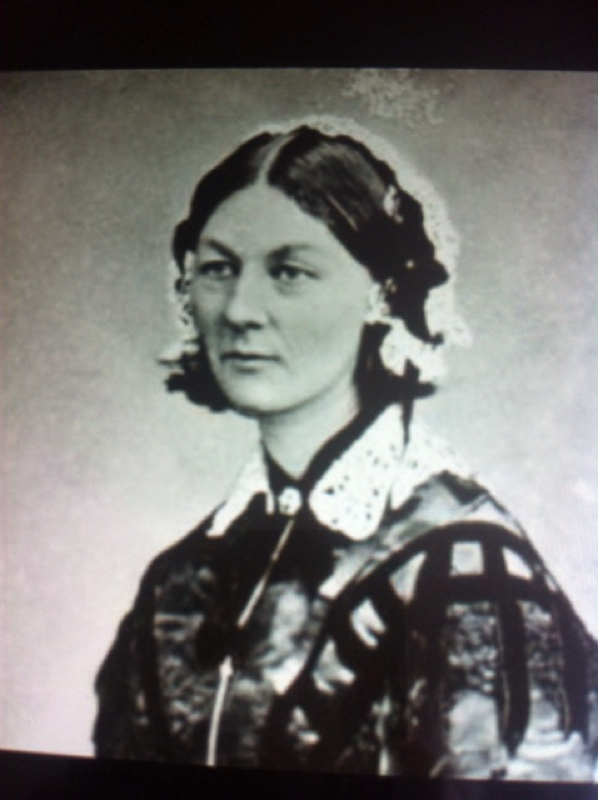
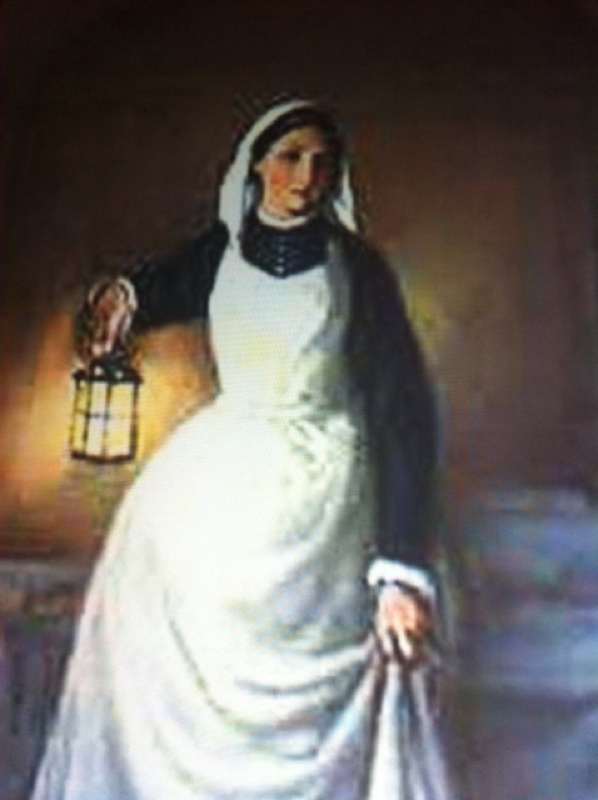
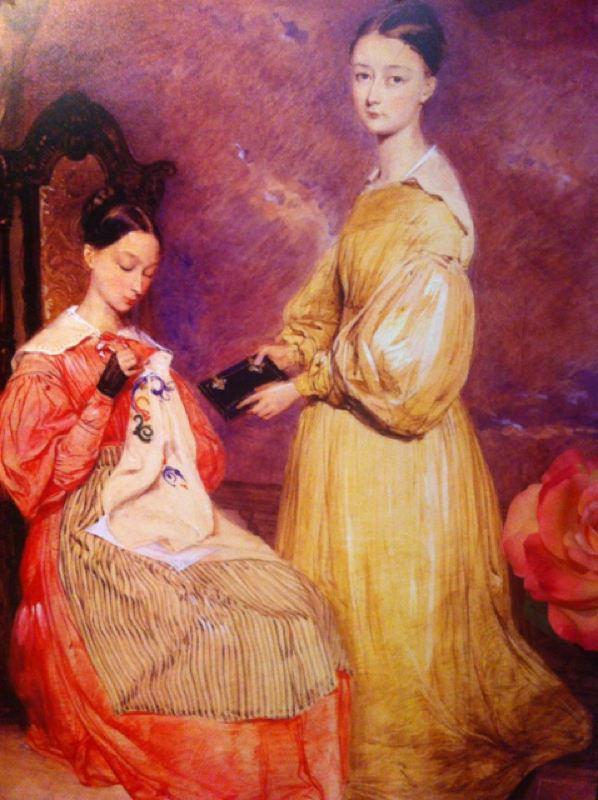
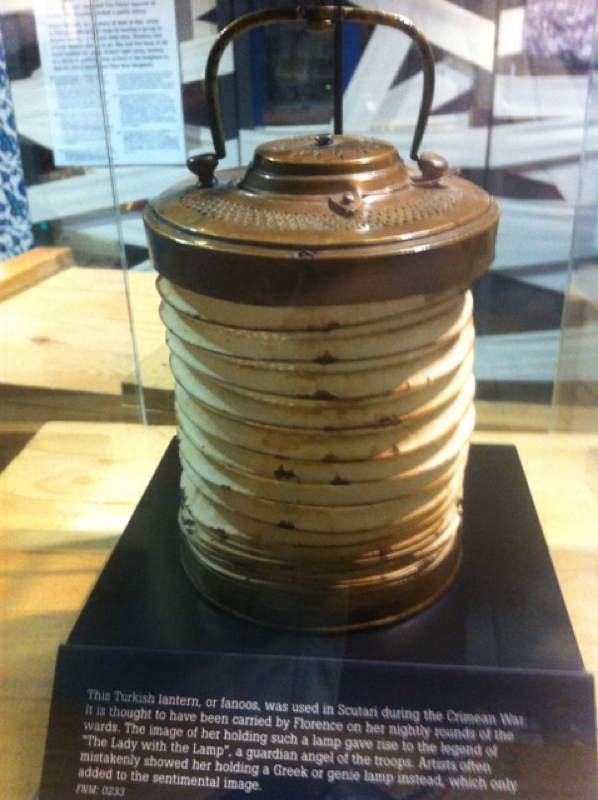
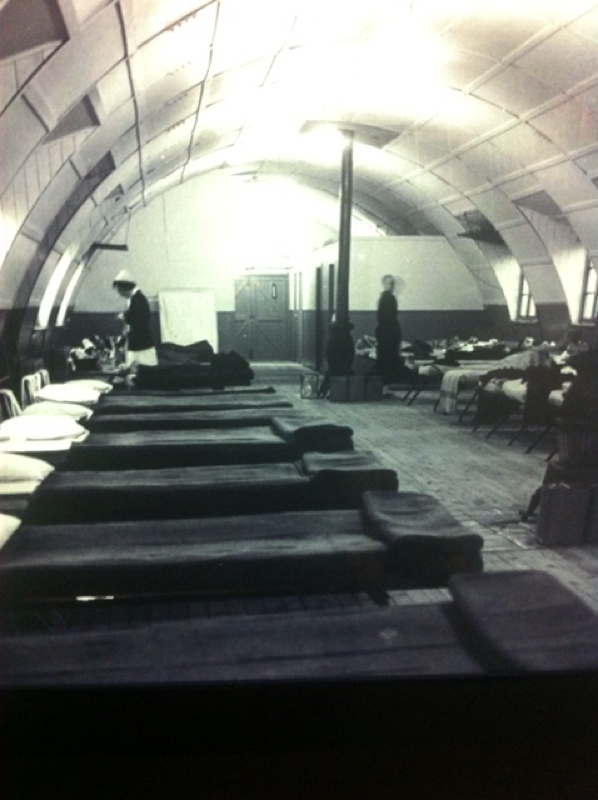
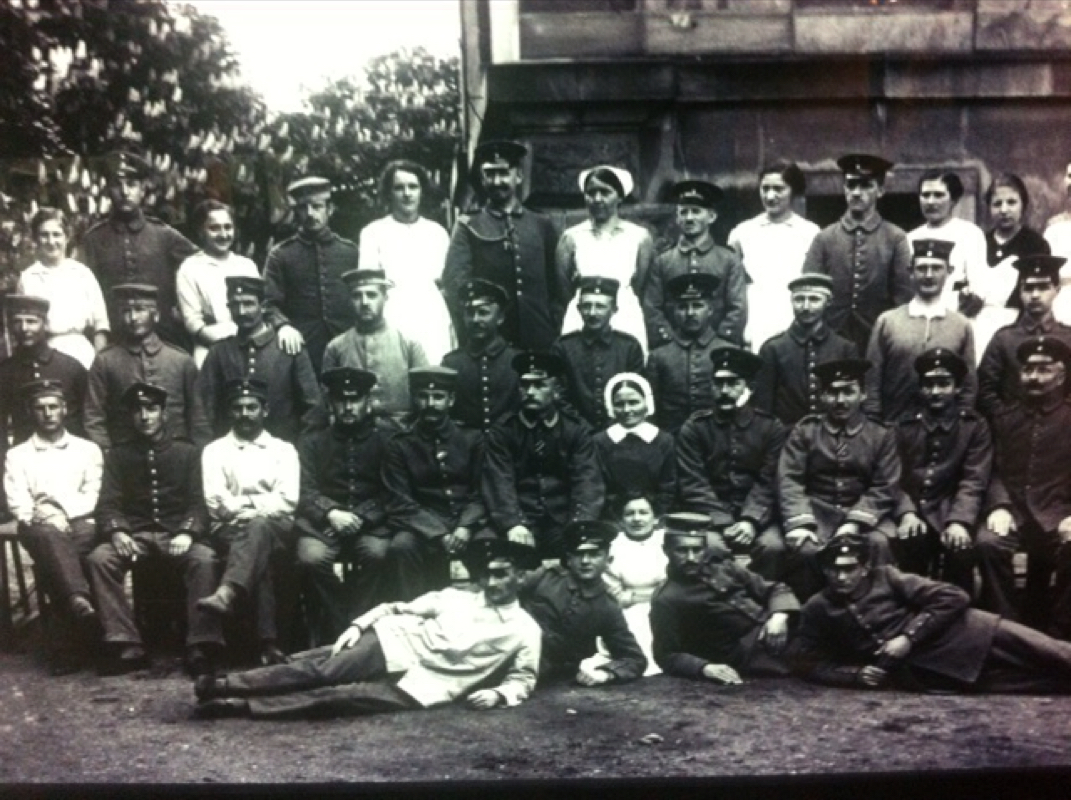
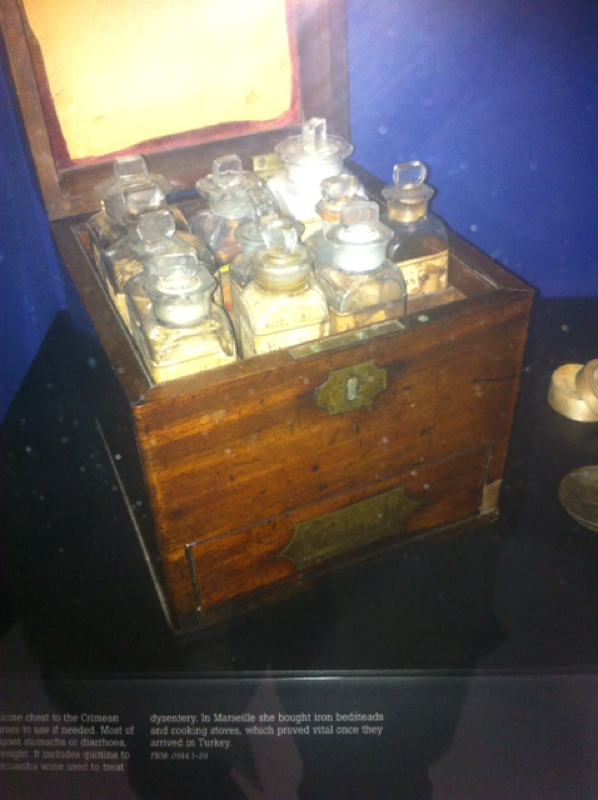
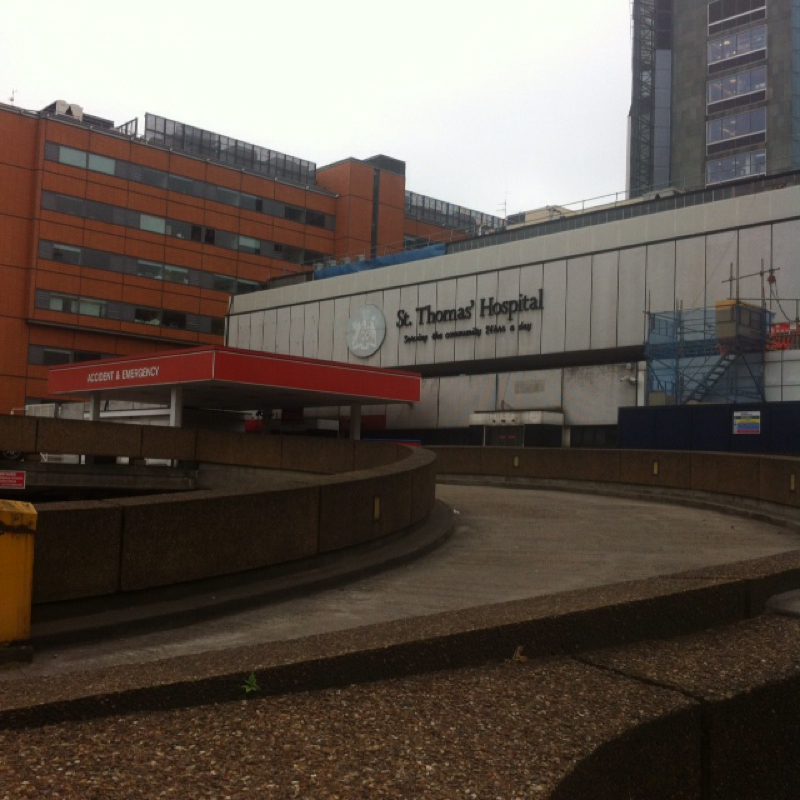
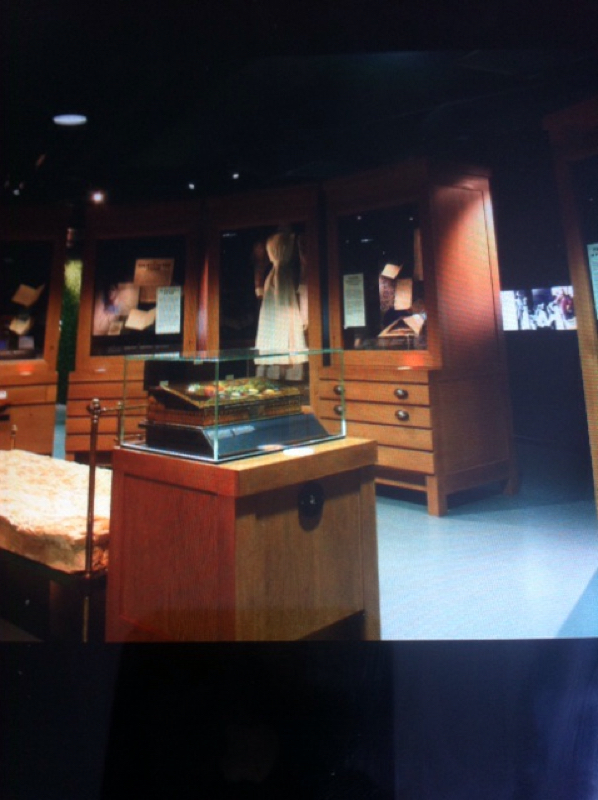
 RSS Feed
RSS Feed
